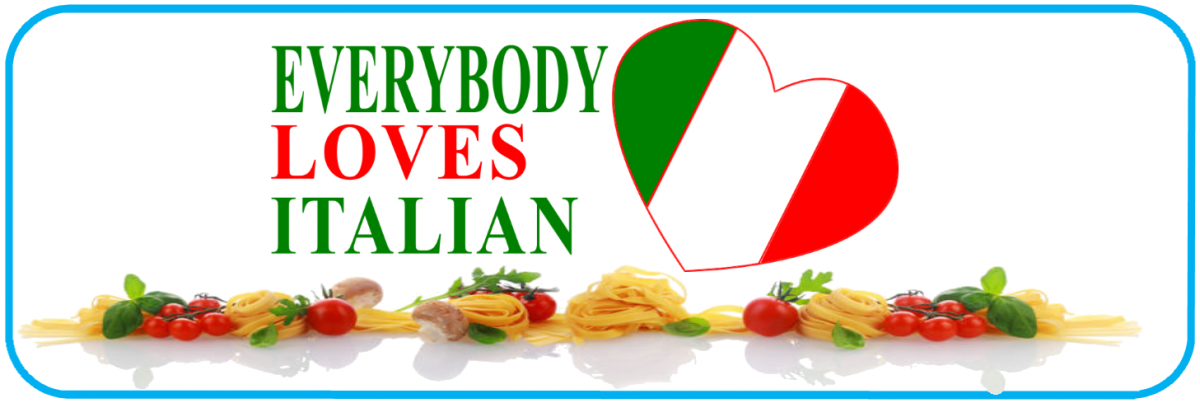How Olive Oil is made in Italy
Italian Gold
“Olio d’Oliva”
How Olive Oil is made in Italy
*
The Brizi family has been making olive oil for five generations, and the method has changed very little over time.
Olives are hand picked each day, crushed by granite wheels, and pressed for about two hours to extract the oil.
*
How Olive Oil is made in Italy
*
This video shows each step of the process in the traditional method of making extra virgin olive oil.
*
Hope you enjoy!
Video Below
Interesting Facts
Olive oil is a fat obtained from the olive. The oil is produced by pressing whole olives and is commonly used in cooking, cosmetics, pharmaceuticals, and soaps, and as a fuel for traditional oil lamps. Olive oil is used throughout the world and is often associated with Mediterranean countries.
The grades of oil extracted from the olive fruit can be classified as:
-
Virgin means the oil was produced by the use of mechanical means only, with no chemical treatment. The term virgin oil with reference to production method includes all grades of virgin olive oil, including Extra Virgin, Virgin, Ordinary Virgin and Lampante Virgin olive oil products, depending on quality.
-
Lampante virgin oil is olive oil extracted by virgin methods but not suitable for human consumption without further refining; lampante is Italian for “lamp”, referring to the earlier use of such oil for burning in lamps. Lampante virgin oil can be used for industrial purposes, or refined to make it edible.
-
Refined Olive Oil is the olive oil obtained from any grade of virgin olive oil by refining methods which do not lead to alterations in the initial glyceridic structure. The refining process removes colour, odour and flavour from the olive oil, and leaves behind a very pure form of olive oil that is tasteless, colourless and odourless and extremely low in free fatty acids. Olive oils sold as the grades extra-virgin olive oil and virgin olive oil therefore cannot contain any refined oil.
-
Crude Olive Pomace Oil is the oil obtained by treating olive pomace (the leftover paste after the pressing of olives for virgin olive oils) with solvents or other physical treatments, to the exclusion of oils obtained by re-esterification processes and of any mixture with oils of other kinds. It is then further refined into Refined Olive Pomace Oiland once re-blended with virgin olive oils for taste, is then known as Olive Pomace Oil.
Join Joanne and Frank on Facebook at
Everybody Loves Italian
and
Visit us on the web at dev.everybodylovesitalian.com


